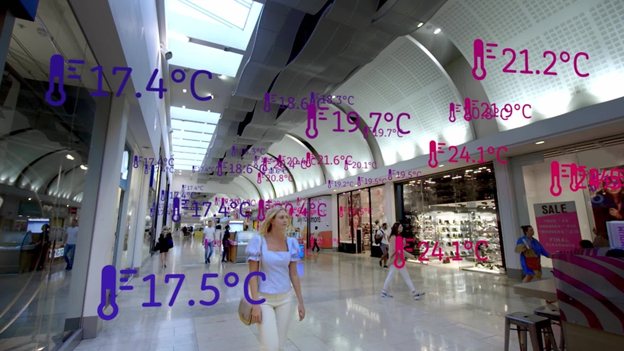By Aastha Khansaly

We toss around climate terms a lot like Net Zero, Carbon Neutral, Climate Neutral as if they were interchangeable. They’re not. And in the climate space, getting the words wrong can mean getting the actions wrong.
Why the confusion?
It’s partly because they sound similar, and partly because organisations benefit from keeping things fuzzy. If a target sounds ambitious, fewer people will question the details.
But here’s the thing:
- Net Zero is science-based. It means reducing almost all greenhouse gas emissions first (90–95% by 2050), only offsetting the unavoidable leftovers.
- Carbon Neutral balances out CO₂ only, leaving out methane, nitrous oxide, and other potent gases that can have hundreds of times the warming power of CO₂.
- Climate Neutral is the broadest: tackling all climate-warming effects, including short-lived forcers like black carbon and aviation contrails.
Why it matters
Imagine a city proudly declaring it’s “net zero” because its grid runs on renewable power, yet it still imports steel and cement made with coal. The emissions from those imports are just as real, but they’re invisible in the city’s accounting.
Or picture an airline advertising “carbon neutral” flights because it offsets jet fuel CO₂ while ignoring contrail-induced cloud formation, which can warm the atmosphere as much as the CO₂ itself.
Without precise definitions, we risk celebrating partial victories as if they were total wins.
The test I use
Whenever I see a climate pledge, I ask:
“What gases are included? How much is the actual reduction vs. offsets?” If the answer dodges those questions, the target probably isn’t what it claims.
The climate transition is too important to be built on blurred definitions. If we, as an industry, don’t make these distinctions clear, we risk creating the illusion of progress while the atmosphere keeps warming.
Words matter. Precision matters. Accountability matters.
What’s the most misleading “net zero” claim you’ve seen lately? Let’s dissect it.
Aastha Khansaly is a GeoEnergy postgraduate from the University of Edinburgh, working at the intersection of geoscience, renewables, and climate impact.
KeyFacts Energy: Commentary
 KEYFACT Energy
KEYFACT Energy